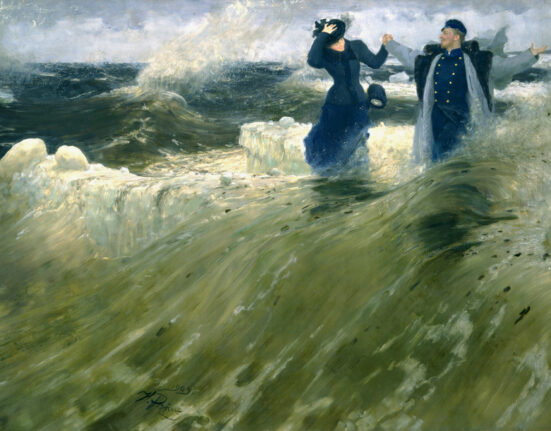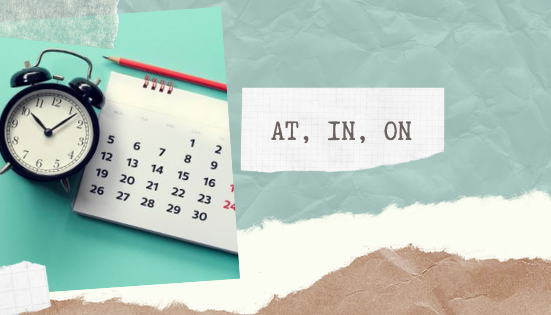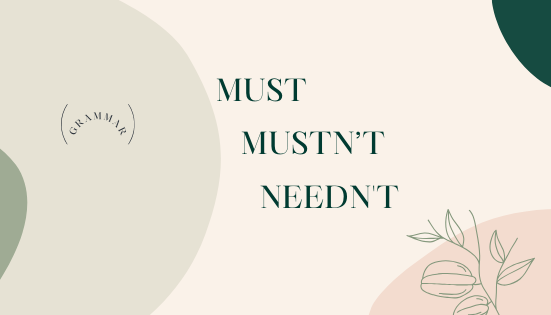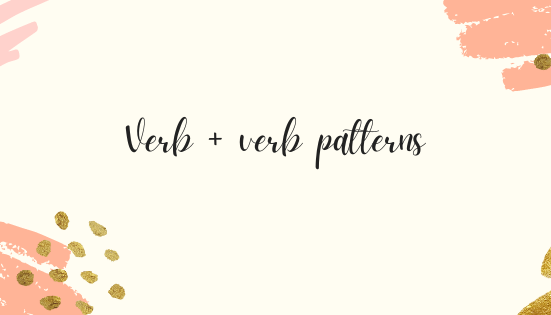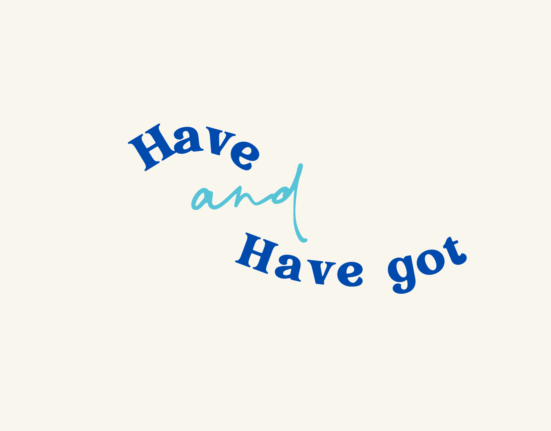- Third conditional
| If + past perfect, would(n’t) have + past participle | If you’d asked me, I’d have done it |
| would(n’t) have + past participle + if + past perfect | I’d have done it if you’d asked me. |
The third conditional describes hypothetical situations in the past. We use the third conditional to imagine the result of something that did not happen:
If I’d bought a second-hand car, I wouldn’t have taken out this big bank loan. (= he bought a new car so he did take out a bank loan)
We can use might or could instead of would to say that something was less certain:
If I’d saved more money, I might have gone on that college trip last week.
2. Mixed conditionals
| If + past perfect, would(n’t) + verb | If I’d saved more, I’d be rich. |
| If + past simple, would(n’t) have + past participle | If I was sensible, I’d have saved more. |
| If + past perfect, would(n’t) be + ing | If I hadn’t saved, I wouldn’t be going on holiday. |
| If + past continuous, would(n’t) + verb | If I was going on holiday soon. I’d be happy |
| If + past simple, would(n’t) be + ing | If I didn’t have savings. I wouldn’t be going on holiday. |
We use mixed conditionals when the time in the if clause is different from the time in the result clause.
We can mix past time and present time to imagine
- the present result of a hypothetical past situation or action:
If I’d taken his advice, I’d own a small fortune now instead of big debt! (= I didn’t take his advice so now I dont’t own a small fortune)
It wouldn’t be so bad if the price of petrol hadn’t almost doubled last month.
- the past result of a hypothetical situation in the present:
If you got on better with him, you might have listened to his suggestions. (=you don’t get on with your father so you didn’t listen to his suggestions)
If he had more qualifications, he would have got the job.
We can mix past time and future time to imagine
- the future result of a hypothetical past situation or action:
If I hadn’t broken my wrist, I‘d be playling tennis later. (= I did break my wrist so I am not playing tennis later)
If I’d bothered to get tickets, I’d be going to the concert tonight. (= I didn’t bother to get tickets so I am not going to the concert)
We can mix future time and present time to imagine
- the present result of a hypothetical future situation or action:
If I wasn’t meeting my manager later, I’d be at the conference now. (= I am meeting my manager later, so I’m not at the conference now)
- the future result of a hypothetical situation in the present:
If I was at home in America, I’d be seeing my mother tomorrow because it’s her birthday. (= I am not at home in America, so I won’t be seeing my mother tomorrow)
2. Wishs and regrets
We use wish + past verb to talk about situations that we would like to be different:
I wish I could help you. (= I can’t help you and I am sorry about that)
I wish my father wasn’t always right! (= he is always right and I find that annoying)
We use wish + something/someone + would + infinitive without to to show that we want something to happen or someone to change their behaviour. We do not use this with state verbs:
I wish they would stop talking so loudly! (= they are talking loudly and I want them to stop)
I wish this holiday would go on forever.
We use wish + past perfect to talk about past situations that we regret:
I wish I’d thought about the other costs before I bought it. (= I didn’t think about the other costs and I regret it now)
We can use if only in place of wish with the same meaning. It is a little more formal:
If only I had listened to my father!
4. Should(n’t) have
We use should(n’t) have + past participle to say that what did or did not happen was a mistake or a bad thing:
I should have listened to him. (= but I didn’t)
We can use never for emphasis with a negative verb:
I should never have bought it! (= I did buy it and now I regret it)
Grammar extra: If it wasn’t for ….
We can use if it wasn’t/weren’t for + noun phrase to say that a situation is dependent on another situation, person or thing:
If it wasn’t/weren’t for the car, I’d have no money worries now. (the car is the reason for my worries)
We can use if it hadn’t been for to talk about a past situation:
If it hadn’t been for your advice, I would have made the wrong decision.
